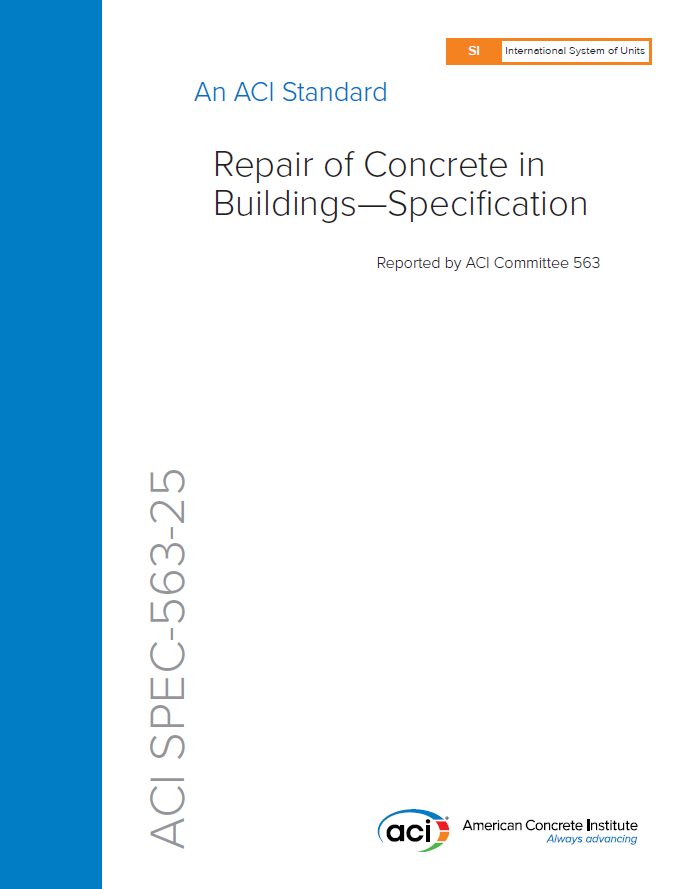Overview of Small Business Lending Options
- Arizona Contractor & Community
- Mar 12, 2021
- 3 min read
By Benjamin Johnston, Chief Operating Officer of Kapitus

PPP provides a great opportunity for small businesses that saw a reduction in business during 2020 as the result of COVID-19 access capital can help stabilize their business. The capital is intended to help business owners: Pay employees, pay outstanding rent and other bills, and invest in reopening and getting back to business. This is a 5-year loan carrying a 1% interest rate, with no payment for the first 10 months, so it is some of the lowest cost financing small businesses will ever find. Much, if not all, of the loan is likely to be forgiven assuming the business continues to pay its bills and employees, so the program has tremendous benefits with limited downside.
The maximum loan that a small business qualifies for is calculated as 2.5x the average monthly payroll of the company during either 2020 or 2019. Businesses in the accommodation and food service industries (defined as businesses with a NAICS code beginning with “72”) have a maximum loan size of 3.5x average monthly payroll. Payroll is capped at an annual rate of $100,000 per employee when calculating average monthly payroll.
Key qualification requirements of second draw PPP loans include:
1) Eligible businesses must have experienced a 25% reduction in revenue in one quarter of 2020 (1st, 2nd, 3rd, 4th) over the same quarter in 2019.
2) Must have been in business on or before Feb. 15th 2020 (before COVID shut down the US)
3) Must have 300 or fewer employees
4) Public companies are ineligible
Requirements to obtain forgiveness include:
1) Similar to the first round, forgivable expenses include payroll, rent, mortgage interest, and utilities. The second round has expanded forgivable expenses to include general operating expenses, property damage expenses, supplier costs and worker protection expenses.
2) Sixty percent of eligible forgiveness must come from payroll expenses.
3) The loan forgiveness period in which forgivable expenses may be accrued is 24 weeks from the time the loan is issued.
4) If the borrower’s loan is less than $150,000, they will be eligible for a simplified one-page loan forgiveness process.
Additional Lending Products Available to Small Businesses
In addition to the PPP, there are a number of loan products that are available to small businesses that are open, operating and have maintained an acceptable credit profile despite the stresses of the past year. Each of these products can be offered by both banks and non-bank lenders. Products include:
1) SBA loans can be secured or unsecured and may carry fixed or variable rates. SBA loans used for equipment, working capital and inventory have a term of 10 years. SBA real estate loans have a term of 25 years. Personal guarantees are required.
2) Equipment finance loansare generally secured by the equipment being purchased. They generally carry fixed rates and typically have terms ranging from 3 years to seven years. Personal guarantees are generally required.
3) Term loans may or may not be secured, depending on lender and credit profile. Term loans come in a wide range of options depending on credit, term, fixed vs. variable rates, position of lender in the capital stack and speed and ease of funding. A personal guarantee is often, but not always, required.
4) Cash-flow based factoring products are generally unsecured, have variable repayment periods based on velocity of cashflow and generally do not carry personal guarantees.
5) Revolving lines of creditare offered by both bank and non-bank lenders, tend to be shorter in term, unsecured and often carry personal guarantees.
6) Invoice factoring products are offered by bank and non-bank lenders as an advance against outstanding invoices for products and services already completed and delivered. These products tend to revolve every 30-90 days in accordance with standard payment terms and are secured both by outstanding accounts receivable and a blanket guarantee from the borrowing entity.
About the Author:
Benjamin Johnston is the Chief Operating Officer at Kapitus, one of the most reliable and respected names in small business financing. Kapitus provides growth capital to small businesses and has provided over $3 billion to over 50,000 small businesses since 2006. Kapitus has also helped hundreds of small businesses obtain PPP loans over the past year. Learn more at kapitus.com.







Comments